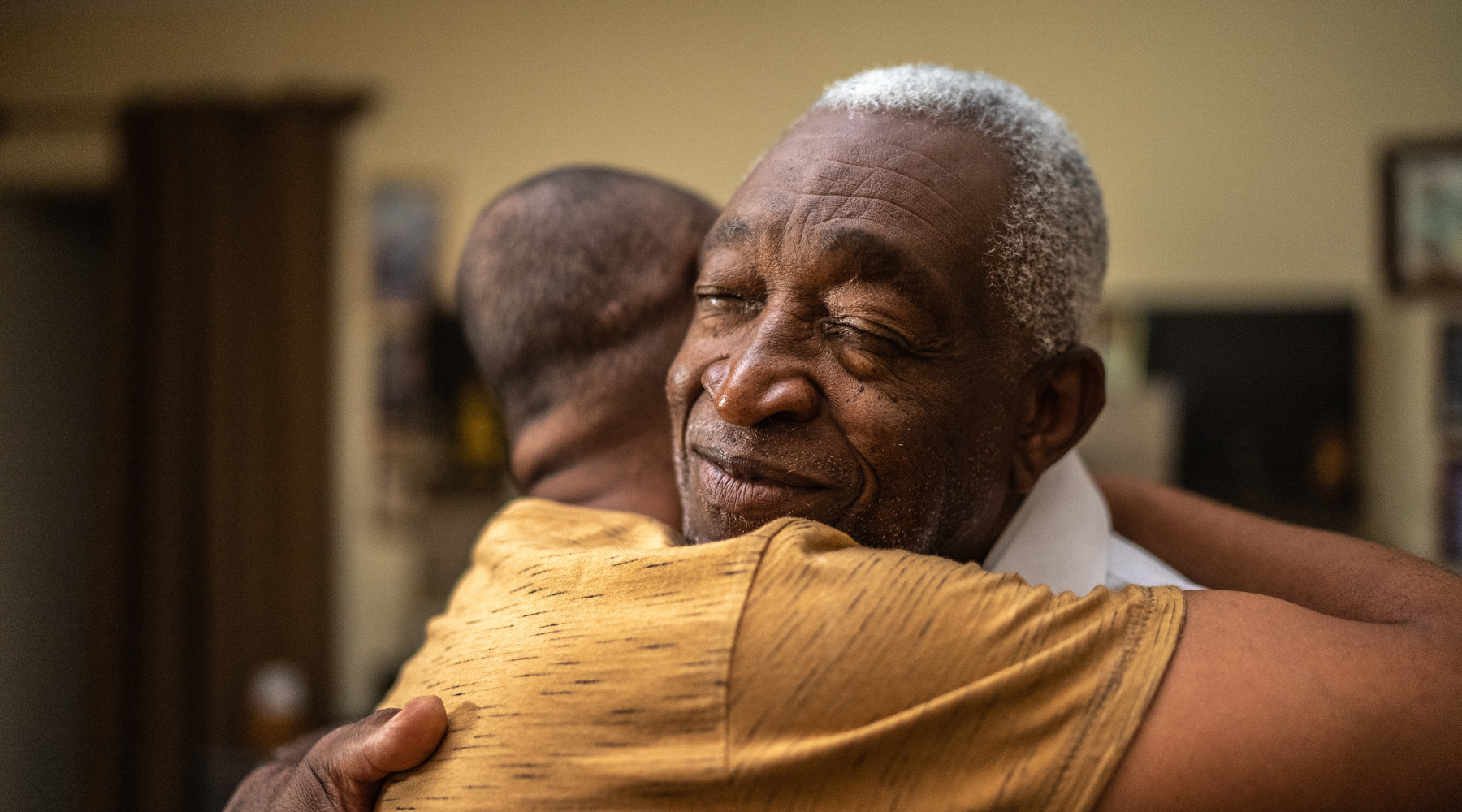Adam’s Journal
Here’s a question from a reader:
Dear Adam,
Now in my 80s, I find myself paying more attention to aging and health issues, especially reducing dementia risks. I am aware that if nothing else gets me first, dementia is inevitable. I hope the Oklahoma Medical Research Foundation keeps dementia research on the forefront.
Niles Jackson
Dear Mr. Jackson,
Dementia is one of the most pressing health problems we face and one that, to date, has not proved amenable to treatment. And while it is true that a person’s risk continues to grow with each passing year, it’s good to remember that age-related cognitive decline is not inevitable.
Although the overall number of dementia cases in the U.S. continues to rise, that’s primarily the result of more people living longer than ever before. According to the Population Research Bureau, the proportion of individuals 70 and older with dementia actually shrank from 13% to 11% from 2011 to 2019.
It comes as no surprise that dementia becomes more prevalent as people reach their 70s, 80s and beyond. Still, even among people aged 90 and older, 2 in 3 do not live with dementia.
At OMRF, our researchers are looking at numerous different aspects of Alzheimer’s disease and other forms of dementia. For example, Dr. Sarah Ocañas is studying how sex chromosomes and hormones may contribute to the disease. Meanwhile, Dr. Mike Beckstead is examining the role played by the brain chemical dopamine. And Dr. Heather Rice is delving into how a particular protein forms the plaques that scientists have identified as some of the key suspects in Alzheimer’s progression.
Research takes time, and, unfortunately, that resource is not on the side of those who are aging, which is all of us. Meanwhile, our best defense is to take steps that contribute to healthy aging and may also reduce dementia risk.
Those approaches are not secrets. Stay active. Control your weight, blood sugar, blood pressure and cholesterol. Maintain social networks. Get adequate sleep. Drink sparingly or not at all.
None of this, of course, immunizes any of us against age-related cognitive decline. But until we can develop more effective clinical interventions, our odds of delaying and preventing dementia may hinge on the day-to-day choices we make.
–
Adam Cohen is a marathoner and senior vice president and general counsel at the Oklahoma Medical Research Foundation. Submit your health questions to contact@omrf.org.



